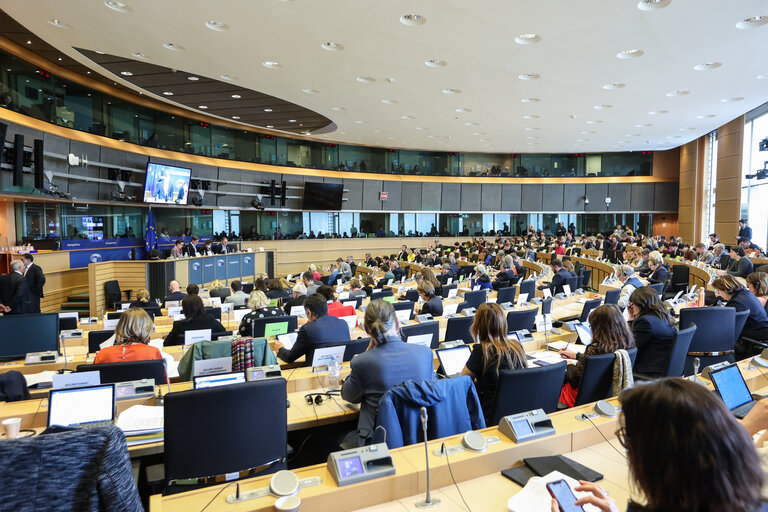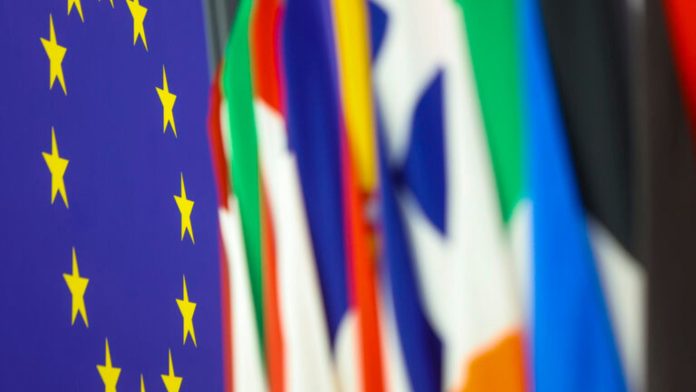On Thursday, the Industry, Research and Energy Committee adopted its position on two acts, a regulation and a directive, to facilitate access to the grid for renewable and low-carbon gases, such as biomethane and hydrogen.
The legislation would also create a certification system for low-carbon gases and ensure that consumers can switch suppliers more easily to choose renewable and low-carbon gases over fossil fuels in their contracts.
Hydrogen backbone, mainstreaming biomethane
In their amendments to the directive, MEPs say that hydrogen corridors, identified in the REPowerEU plan, should be supported by adequate infrastructure and investments. The aim is to ensure that enough cross-border capacity is available to establish an integrated European hydrogen market – the so-called “hydrogen backbone”, and enable hydrogen to move freely across borders.
EU natural gas to replace 20% of Russian supply
In their amendments to the regulation, in line with the REpowerEU targets, MEPs say that by the end of 2030, member states should ensure collectively at least 35 billion cubic meters of sustainable biomethane. This would be produced and injected into the natural gas system, annually, with the aim of replacing 20% of Russian natural gas imports with a sustainable, cheaper and locally produced alternative.
MEPs also propose to reform the European Network of Transmission System Operators for Gas (ENTSOG) to also cover Hydrogen Network Operators. The new ENTSOG&H would therefore also be responsible for the EU ten-year network development plan for gas and hydrogen networks.
MEPs’ amendments also include the mechanism for member states to coordinate gas purchases, initially set up under an emergency procedure.
Fossil gas phase out
MEPs want EU countries to phase out fossil gas as soon as possible, taking into account the availability of alternatives. Member states may decide on an earlier end-date for the duration of long-term contracts for unabated fossil gas before the end of the year 2049.
The draft directive was adopted with 62 votes to 2, with 7 abstentions, the draft regulation with 54 votes to 17, with 1 abstention. MEPs also gave their green light to enter into interinstitutional negotiations, pending formal approval during the 13-16 March plenary session, with 65 votes to 3, with 3 abstentions for the draft directive, and 54 votes to 14, with 5 abstentions, for the draft regulation.

This legislative package aims to foster greater regional cooperation on gas storage, facilitate the joint procurement of strategic stocks, and encourages member states to take measures to address cyber-attacks. Both acts will become a core component of new EU rules for hydrogen networks, comparable to those that already exist for natural gas and electricity.
The updated directive will include provisions on consumer rights, transmission and distribution system operators, third-party access and integrated network planning, and independent regulatory authorities.
The updated regulation will push existing natural gas infrastructure to integrate a higher share of hydrogen and renewable gases, by means of high tariff discounts. It includes provisions to facilitate blending hydrogen with natural gas and renewable gases and greater EU cooperation on gas quality and storage.










